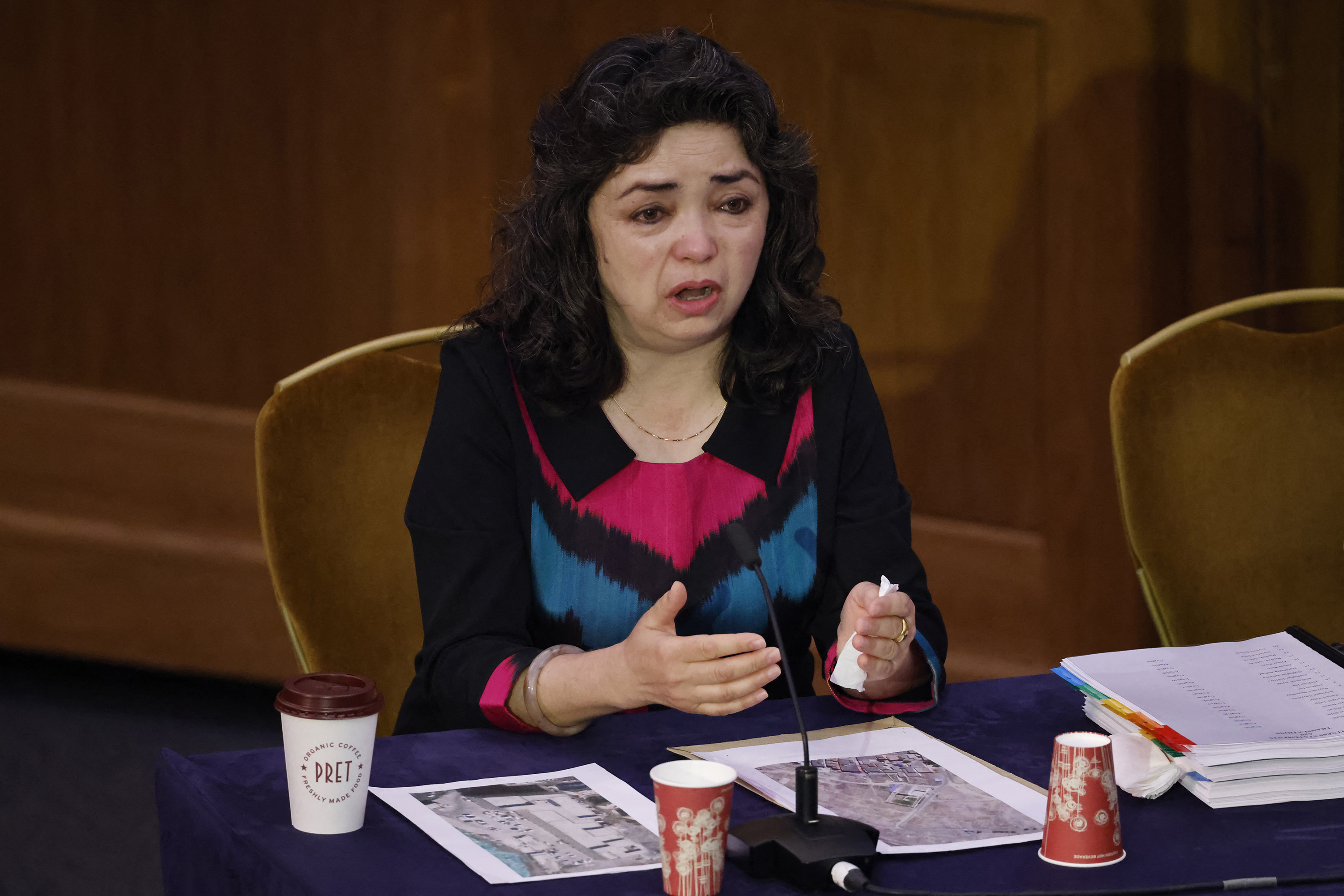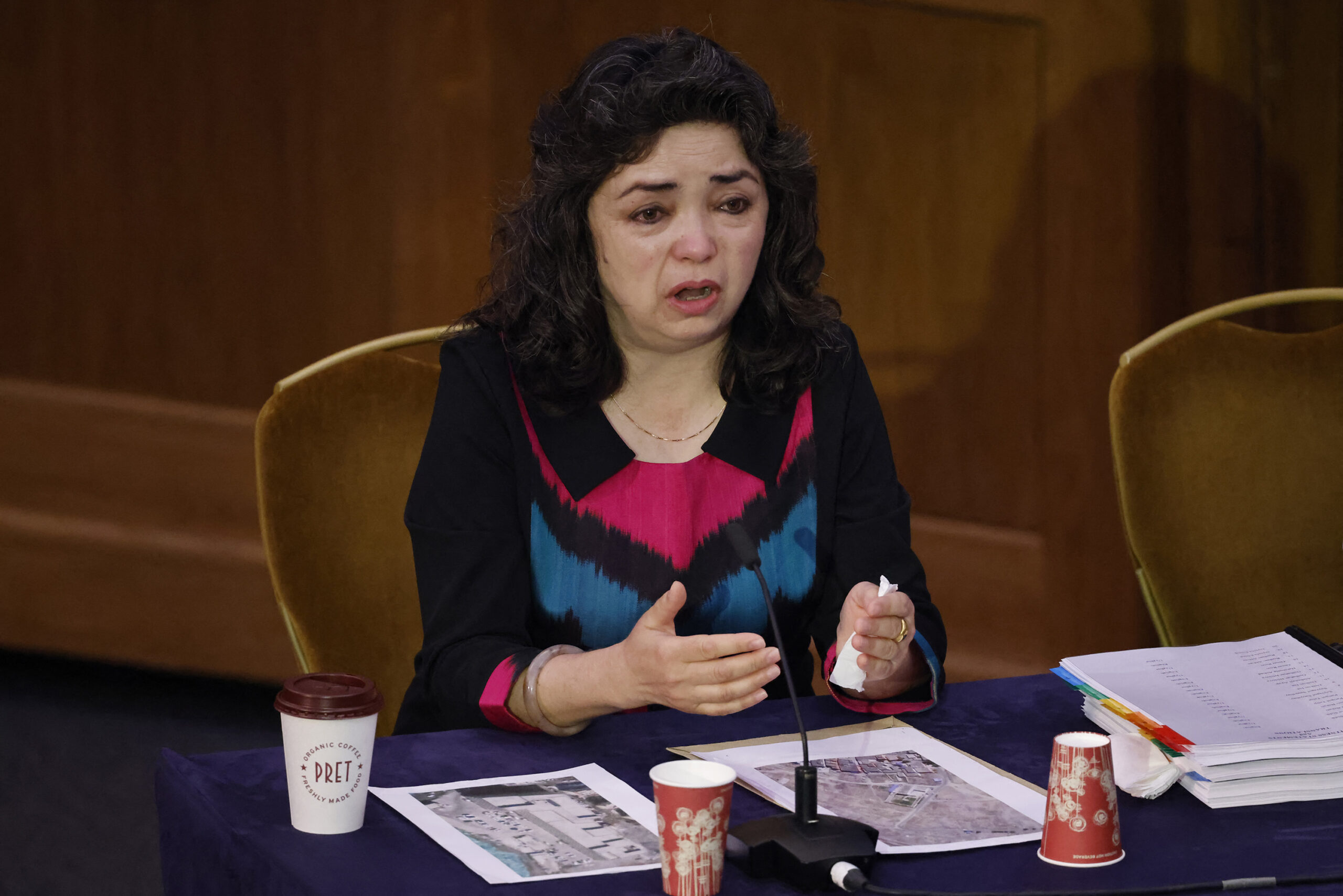The recent retraction of an academic journal article that discussed the genetic information of Uyghurs and Kazakhs in China’s northwestern Xinjiang region has raised questions and concerns about ethical standards in scientific research, as people familiar with the study believe that genetic samples were obtained under duress.
In June, Elsevier, a Dutch publisher, announced the retraction of a scientific article published in 2019 in its journal “Forensic Science International: Genetics.” The retraction was attributed to the failure to meet necessary ethical approvals in scientific research, The Guardian reported.
The deleted study, entitled “Analysis of Uyghur and Kazakh populations using the Precision ID Ancestry Panel,” was authored by Chinese and Danish researchers in Ürümqi.
It involved the collection of blood and saliva samples from 203 Uyghurs and Kazakhs, which were then tested using genetic sequencing technology developed by the American biotech company Thermo Fisher Scientific.
The article’s authors claimed that their findings could help police in using genetic sequencing techniques to identify suspects in cases.
“A clear knowledge of the genetic variation is important for understanding the origin and demographic history of the ethnicity of the populations in Xinjiang… [which] may offer an investigative lead for the police,” the article said.
In the redaction notice, the journal said that an investigation revealed that those who collected the samples did not obtain the necessary ethical approval.
Forced collection
Yves Moreau, a professor at the University of Leuven in Belgium, has raised the concern that the Chinese government forcibly collects and arbitrarily uses genetic information from Uyghurs and other ethnic minorities. He told Radio Free Asia’s Uyghur Service that he had been critical of the 2019 study for a considerable period of time before it was finally deleted.
“The article that was retracted … That’s a case that has been open for a very, very long time,” said Moreau, who added that he is working toward getting journals to reevaluate numerous articles, many on the same subject.
Moreau had also taken issue with a similar study published in the June 2022 issue of “Forensic Science Research,” a journal acquired by the Oxford University Press in 2023. That article detailed a study sponsored by China’s Ministry of Justice that analyzed the genetic information of Uyghurs based on blood samples collected from them.
The retracted 2019 article and the 2022 article was written by the same authors, Claus Børsting, Niels Morling, and Xalmurat Ismailjan (Halimureti Simayijiang) from the forensic genetics department at the University of Copenhagen.

Ismailjan is known to have ties to China’s public security agencies and is listed as being jointly affiliated with Xinjiang Police College, The Guardian report said.
Experts like Moreau contend that the blood samples utilized in both studies were obtained from people who had no choice but to participate.
Moreau was reluctant to take on the 2022 article, he said, because one of editors-in-chief of the journal was from the Institute of Forensic Science of the Chinese Ministry of Justice.
“So I thought, well, if I’m going to write a letter asking for ethical re-evaluation of an article in that journal, I’m not going to get much of an answer,” he said.
But when the journal was acquired by Oxford University Press, he was able to raise the issue with that institution, he said.
“Now I can write to Oxford University and tell them, … you know, you were actually publishing this journal for the Institute of Forensic Science of the [Chinese] Ministry of Justice,” said Moreau.
In an email sent to Irene Treacy, vice chancellor of the University of Oxford, Moreau noted that “such consent should be given voluntarily, and he does not believe that the Uyghurs consented to [biometric data collection] voluntarily.”
After Mr. Moreau raised the issue, the editorial departments of the University of Copenhagen and the editor departments of the aforementioned journals replied via email that they would investigate the matter, he explained.
Coerced samples
Witnesses have observed coerced genetic data collection both inside China’s secretive “reeducation camps” in Xinjiang and also outside of the camps.
Qelbinur Sidiq, who currently lives in the Netherlands, said she saw samples collected from blood, as well as collections of fingerprints and retina scans. She said she herself was made to give all three in 2016.
“Blood samples and DNA sequencing are mandatory, whether you are inside the camp or outside. There is an order where authorities instruct you on when to go to which hospital for the collection of your blood sample and DNA,” she said. “There is no freedom or choice to refuse.”
Sidiq said that the police inform residents through the chat platform WhatsApp as to when they must appear at a specific hospital for collection.
“Participants are given one week, and the notice explicitly states that failing to participate will result in severe consequences,” she said. “As a result, there is no freedom or choice in the matter, and individuals are unable to inquire about their results. Asking for the result of the blood sample is not an option.”
Duarte Nuno Vieira, the co-editor-in-chief of “Forensic Science Research,” denied the journal had received financial support from China’s Ministry of Justice, according to the Guardian report.
Journals have a responsibility to evaluate the ethics of the studies that appear in articles they publish, Maya Wang, associate Asia director for New York-based Human Rights Watch, told RFA.
“Given the brutality of the collection process, I believe it is important for such journals to check and review research articles on samples taken from Uyghurs and Tibetans by Chinese police agencies,” she said. “It is unlikely these journals not know the background of such articles.”
In 2021, Professor Yves Moreau initially uncovered similar articles published by Chinese researchers about Uyghurs in the American journal Molecular Genetics and Genome Medicine. Following his investigation into the matter, eight members of the editorial board of the journal resigned.
Edited by Eugene Whong and Malcolm Foster.




